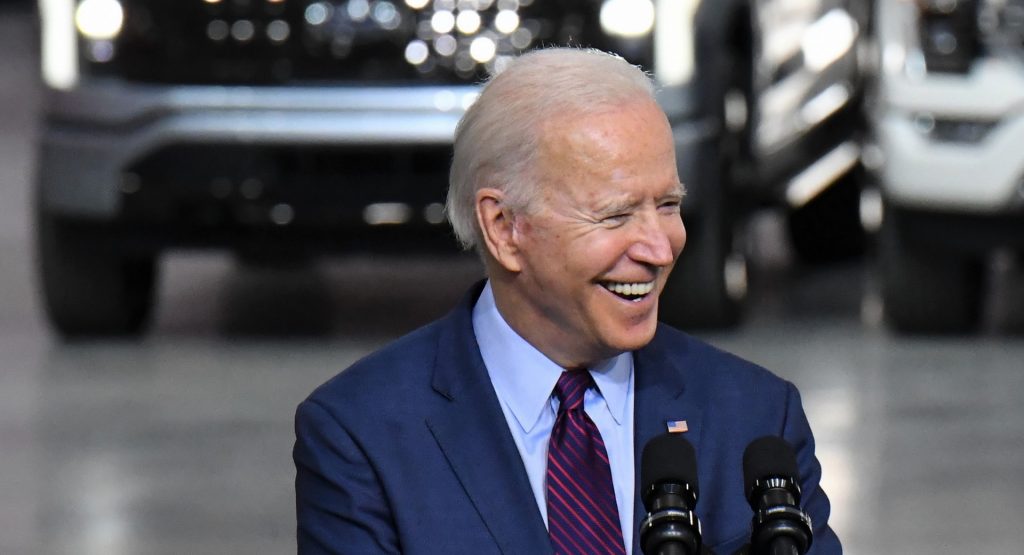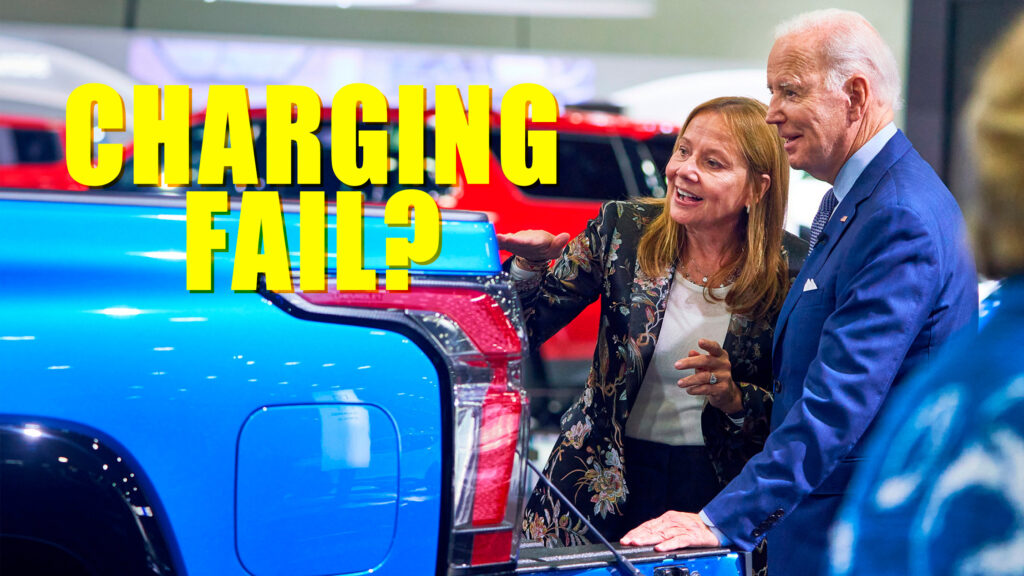- The number of publicly-funded chargers is expected to grow significantly this year
- States need to submit plans to the administration and solicit bids to construct the chargers
- The $7.5 billion in funding is enough for approximately 20,000 charging points
It’s been over two years since the Biden administration said it would provide $7.5 billion in investments to establish a nationwide EV charging network. It ultimately hopes to have 500,000 charging points in operation. But as of March 2024, just seven EV charging stations had been built using these funds.
Of the administration’s investments, $5 billion has been allocated to individual states that will build chargers along major highways. To activate the funds, states need to submit plans to the administration and then solicit bids for the work. This lengthy process has made the roll-out of the stations so slow.
The seven stations built so far are located in Hawaii, New York, Ohio, and Pennsylvania, and offer charging points for 38 vehicles. Other stations are currently under construction in four other states. The Washington Post says twelve other states have also been awarded constructs for constructing new charging stations.

Analysts from Atlas Public Policy say the administration’s investments are generous enough to build up to 5,000 stations or around 20,000 charging points. Atlas Public Policy founder Nick Nigro says some delays are to be expected and believes things will start ramping up this year.
“State transportation agencies are the recipients of the money,” he said. “Nearly all of them had no experience deploying electric vehicle charging stations before this law was enacted,” Nigro said. “I expect it to go much faster in 2024.”
Chargers must meet new standards.
The strict requirements of publicly funded chargers have also delayed their introduction. Guidance from the Biden administration says these chargers must work 97% of the time, each provide 150 kW of power, and be no more than one mile from an interstate.
Read: US Unveils Most Stringent Car Emission Standards Ever To Boost EVs
A spokesperson for the White House says the administration still believes the U.S. can have 500,000 charging points by 2026. But a handful of Republican members of the House of Representatives aren’t so sure and recently sent a letter to the administration questioning the slow roll-out.
“We have significant concerns that under your efforts American taxpayer dollars are being woefully mismanaged,” members Cathy McMorris Rodgers, Jeff Duncan, and Morgan Griffith wrote. “The problems with these programs continue to grow — delays in the delivery of chargers, concerns from States about labor contracting requirements and minimum operating standards for chargers.”




